Amidst the COVID-19 pandemic, a previous Senior AVP of ASCE looks into the three different potential outcomes of Sun God Festival 2020, and the implications of each situation.
On Monday night, Chancellor Pradeep Khosla and Executive Vice Chancellor Elizabeth Simmons sent out a campus notice to all academics, staff, and students. The notice, a campuswide update on coronavirus, announced the university’s transition to remote, online classrooms for the duration of Spring Quarter, presented health and travel guidance, and suggested guidelines for events hosted on campus.
The COVID-19 outbreak has forced cancellations or postponements of numerous large-scale summits, shows, and festivals, sending the events industry plummeting. Losses from tech industry conferences alone amount to over $1 billion. Among the cancelled or rescheduled events are South by Southwest, the Electronic Entertainment Expo, and most notably, Coachella. On Wednesday night, the NBA announced an indefinite suspension of its season; this morning, both the NHL and MLS released decisions to pause their respective seasons.
Within the UC San Diego campus, Khosla and Simmons stated in their campus notice that they “strongly recommend […] cancellation or postponement of events or meetings that are expected to have more than 100 people” through May 10, 2020.
A.S. Concerts and Events is the student organization that plans Sun God Festival and various other campus events. Their most recent event, a Bear Garden that gathered over 1,000 students in Revelle Plaza, continued as scheduled last Friday, March 6. However, the organization’s next upcoming event, a concert at the 600-capacity Price Center Ballroom East featuring electronic artist AYOKAY, has been cancelled as of Wednesday, March 11.
The following statement was released on their social media: “Through the guidance of the UC San Diego Campus protocols and the Center for Disease Control (CDC) recommendations, AS Concerts and Events (ASCE) has canceled the AYOKAY Concert on Friday, March 13th, in the Price Center East Ballroom.”
The Chancellor’s recommendation, coupled with both on-campus and off-campus show cancellations, prompted one question to immediately infiltrate student conversations and memes:
“Is the 2020 Sun God Festival cancelled?”
At the time of this article, ASCE student staff and full-time advisors could not go on record to discuss the festival’s future plans with the UCSD Guardian, as they note the situation is quickly changing and are actively working to communicate across multiple channels.
Following Wednesday night’s A.S. Senate meeting, Vice President of Campus Affairs Melina Reynoso sent an email to the A.S. Council listserv noting “that all policies are in flux and [they] will have more information […] as the situation progresses.”
A.S. Council and administration are working together to put out clear, cohesive statements on on-campus events, and will release these clarifications shortly.
In order to provide clarity and understanding with the student body between now and then, this article breaks down the three potential outcomes of Sun God Festival 2020: (1) the festival continues as scheduled, (2) the festival is postponed to occur after the university’s May 10 recommendation, and (3) the festival is cancelled completely. After assessing all three possible scenarios, complete cancellation is the most likely outcome, but that brings about its own set of questions — here’s why.
Outcome 1: The festival continues as scheduled
If the 2020 Sun God Festival were to continue as scheduled, the event would happen against the recommendation of Chancellor Khosla and Executive Vice Chancellor Simmons. The festival is currently scheduled to occur on April 25, 2020, which will be around four months after the first recognized cases of coronavirus were reported.
While predictions surrounding the future of the COVID-19 pandemic are varied, the general consensus amongst experts is that containment is no longer possible. Marc Lipsitch, a Harvard epidemiologist, estimates that “20 to 60 percent of adults will catch the [coronavirus]” within a year.
Furthermore, according to Anthony Fauci, the director of the National Institute of Allergy and Infectious Diseases, the earliest a coronavirus vaccine could be implemented on a large-scale is “in a year to a year and a half, no matter how fast you go.”
A vaccine for the virus has an extremely minute chance of being developed by the end of April and a much smaller chance of satisfying regulatory review for widespread application. Thus, if the festival were to be held at its original date, it would very likely be held during a time when the virus is still prevalent.
The effectiveness of event cancellations as preventative measures cannot be underscored, as cancellations can limit future epicenters of outbreak similar to that of the infamous Biogen leadership conference; earlier this week, the Boston Globe reported that “70 of 92 coronavirus infections in the state” of Massachusetts were linked to that single meeting. Sun God would then go against measures for containment, and another question would arise in context: Who would still want to attend?
Outcome 2: The festival is postponed to occur after the university’s May 10, 2020 recommendation
If the 2020 Sun God Festival were to be rescheduled to a date that occurs after May 10, or after Week 7 of Spring Quarter, further complications would emerge from the nature of the festival itself.
It is also important to note that May 10 is a tentative deadline for the recommended on-campus event restriction and that there is no guaranteed outcome or end date to the coronavirus pandemic.
But even without consideration of what the outbreak will look like by then, there are major roadblocks to a post-week-seven festival: How would the ASCE team choose a new date? Sun God has a complicated history, one that has resulted in the decimation of the 12-hour, campus-wide event it was known for before the 2008 transition to RIMAC Field.
Prior to the 2007-2008 academic year, the festival occurred on the Friday of Week 7, from 12 p.m. to 12 a.m. Because it was held so close to the end of the academic year, the administration struggled to invoke proper disciplinary measures on graduating seniors who violated community guidelines during the festival.
With the self-imposed May 10 date, any rescheduling of the festival will be a hard-fought battle with the health and safety precedents set by both the administration and the ASCE team over the past five years — even barring concern surrounding the coronavirus. It would be hard to see the Sun God Task Force, a group of staff and students striving to create an enjoyable yet safe experience, approve of a late-spring Sun God Festival, regardless of the conditions of COVID-19.
Outcome 3: The festival is cancelled completely
Considering the university’s suggestions with large-scale events, as well as the precedence of event suspensions set by entertainment giants like Goldenvoice and the NBA, a full-on cancellation of the festival is the most likely scenario.
But a cancellation of an on-campus, student festival has its own unique questions. What will happen to the $780,000 festival budget, paid for in advance by student fees? Since its inception in 1983, Sun God Festival has never missed an iteration, making a cancellation uncharted territory for the university.
A cancellation also does not necessarily mean that ASCE will retain its entire Sun God budget. There is a high chance that the organization is already contracting with a majority of the festival’s talent, meaning that agencies could still charge for acts that have already been booked.
Though the university’s performance agreements indicate that “neither the artist nor the university shall be liable for failure to appear, present, or perform if such a failure is caused by […] any cause beyond the control of the Artist or the University,” many talent agencies ultimately edit the contract to reflect full payment to the artist if the university breaches the agreement, which in this case, is canceling the event. It is unclear whether or not the coronavirus outbreak, coupled with only a strong recommendation from the chancellor, will be enough to justify that the cancellation is due to “a cause beyond the control of […] the University.”
This is an example of a previous contract between the university and a performer. In this case, the artist’s team has edited the contract so that the university will still be responsible for paying the artist the full fee if the university breaches the agreement, i.e. cancels the event.
In 2014, the Sun God Task Force abolished guest tickets for alumni and non-affiliates, effectively reducing the number of hospitalizations from the festival. It is not likely that this year’s graduating seniors will be given a chance to return for the 2021 Sun God Festival. Given current conditions, it is also not likely that ASCE will be able to host any sort of replacement event before the end of the academic year.
Will excess student-activity fees be refunded to this year’s paying students? Or will they simply be put into Associated Students reserves and pass on to next year’s executive budget? A refund of student fees is also unprecedented.
UCSD undergraduates have been circling around a Change.org petition to lower spring quarter student fees, which has already garnered over 10,000 signatures; but the Sun God Festival is funded by activity fees across all quarters except summer — it is why Fall Quarter and Winter Quarter graduates are still able to attend the event. In the face of cancellation, how will the student government and university administration provide fair compensation to the student body?
At this time, there is no definitive answer from either the student government or administration. However, given how quickly the effects of COVID-19 are moving on the UCSD campus, there are many huge obstacles that need to be cleared before any announcement takes place. The best we can do is trust our student leaders and give them the time they need to make clear decisions.
In the face of cancellation
An essential point to keep in mind is that whether the Sun God Festival is kept, postponed, or cancelled, there will always be students working diligently behind the scenes to plan these events in the first place. The fact that student leaders are having to navigate and make extremely difficult decisions in this state of emergency is commendable in and of itself.
Spencer Kennebeck, one of ASCE’s Special Events coordinators that spearheaded the now-cancelled AYOKAY concert, stated, “It was really disappointing putting in hours of work, and then all of a sudden, thinking that nothing is going to come through.”
Similar sentiments were shared from Xinchen Fu, ASCE’s Bear Garden coordinator, who told the Guardian, “There’s so much unknown […] we’re still kind of shocked, and not sure what to do anymore.”
Sun God Festival, along with other student activities and celebrations, plays a large part in making college the unique and memorable experience it is often quoted to be. Disappointment over various cancellations and postponements is justified, especially for graduating seniors wishing to make the most of their final quarter at university. But this disappointment is shared — amongst the student body, amongst the administration, and especially amongst the ASCE student planners that might not see their work come to life.
Image courtesy of ASCE.


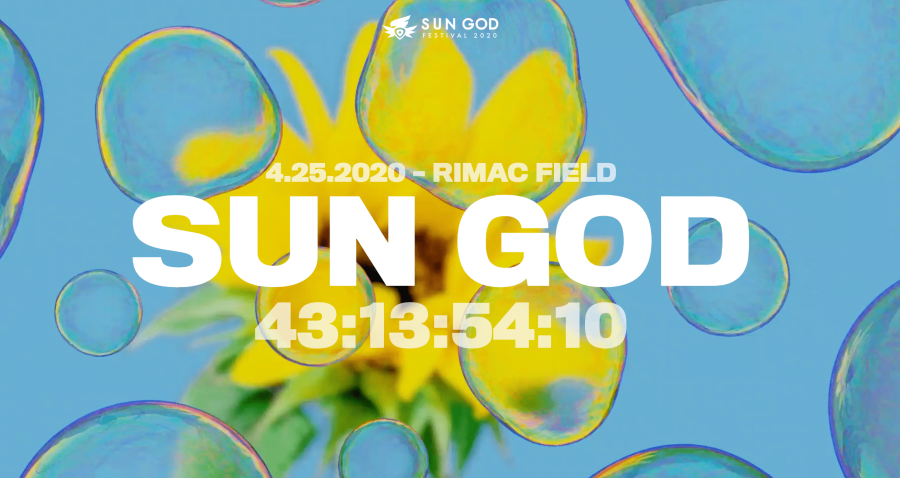
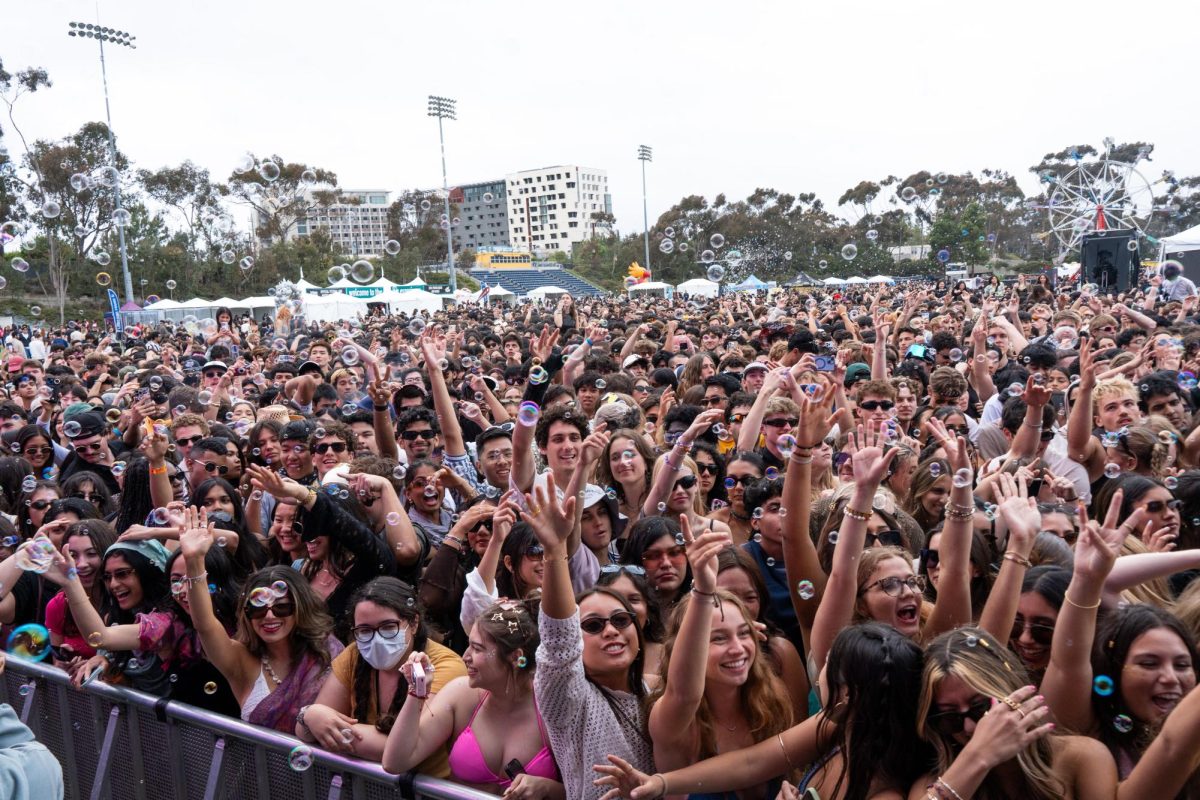
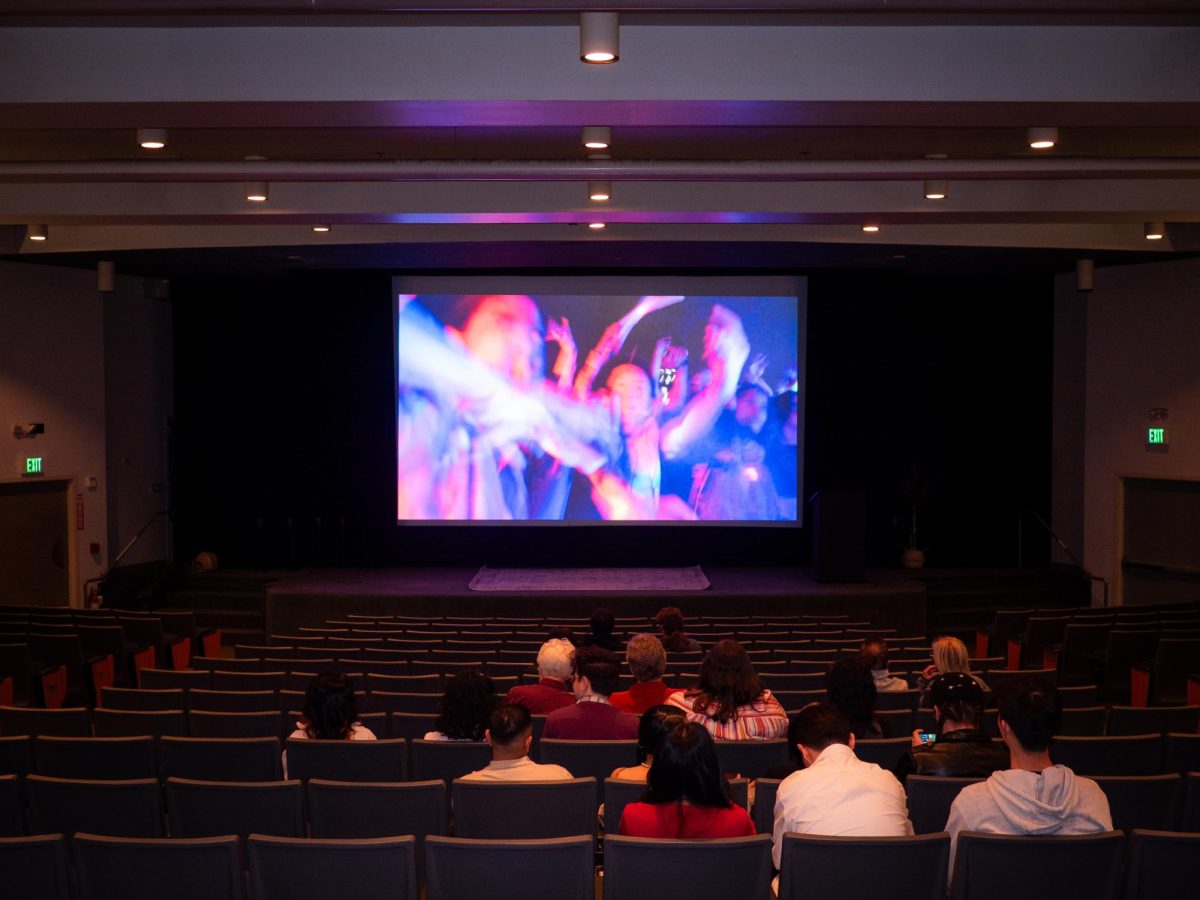
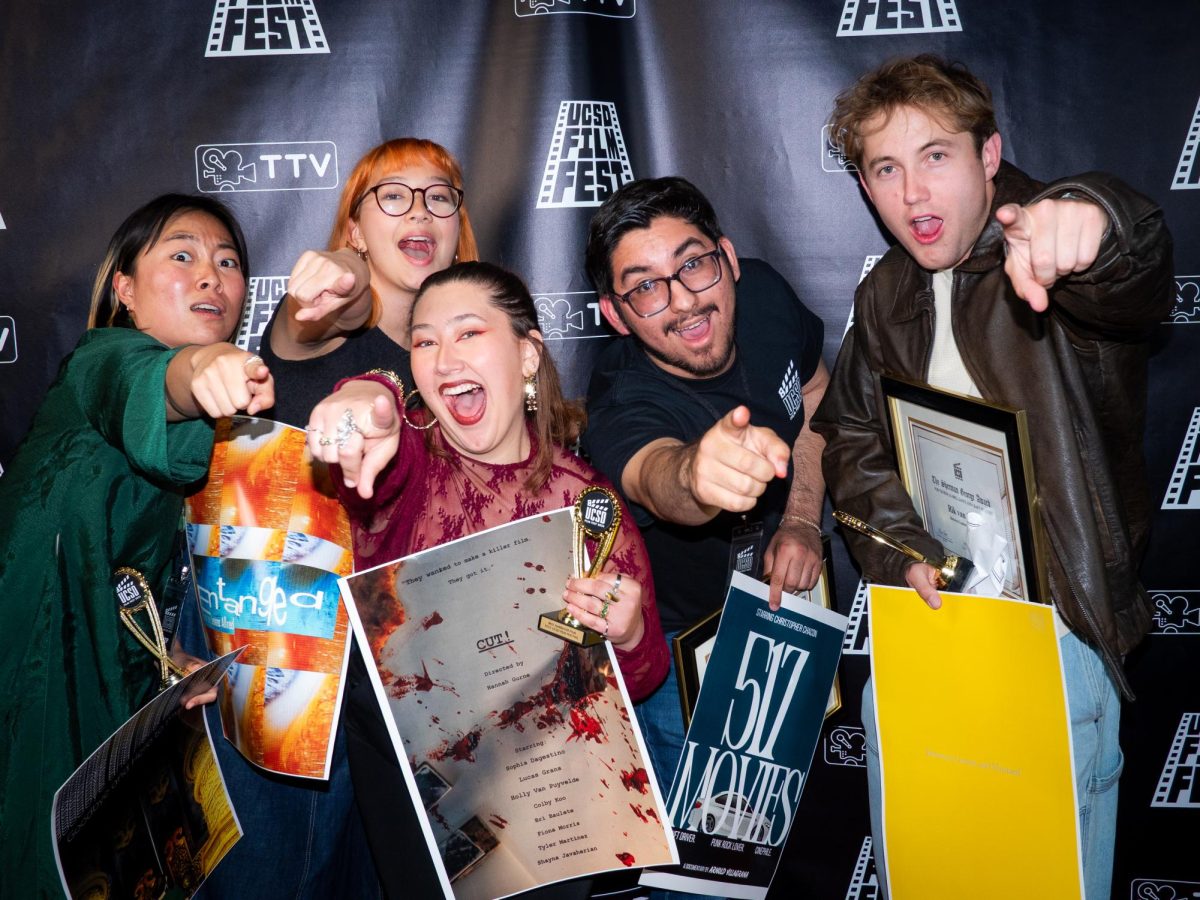

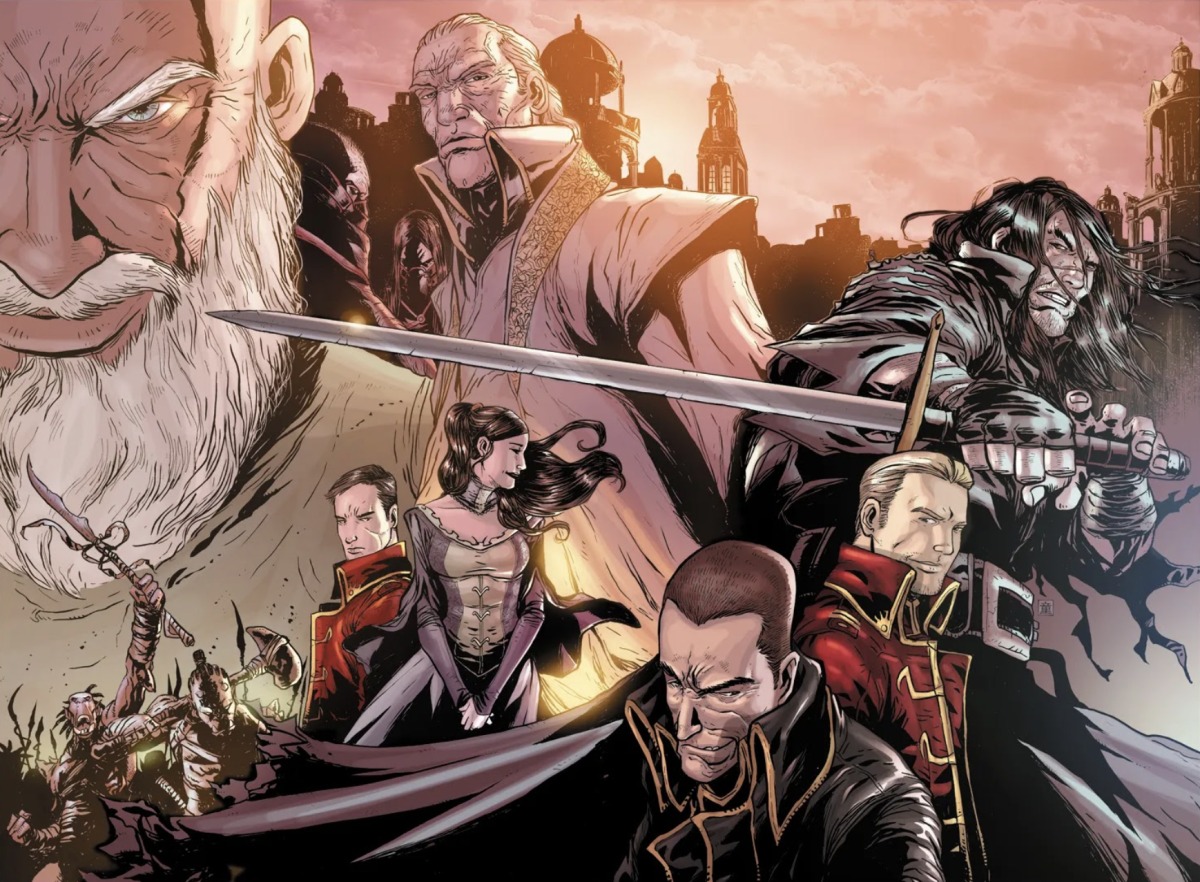













mohima • Mar 22, 2020 at 5:01 am
please tell me more about how to do to earn more from online